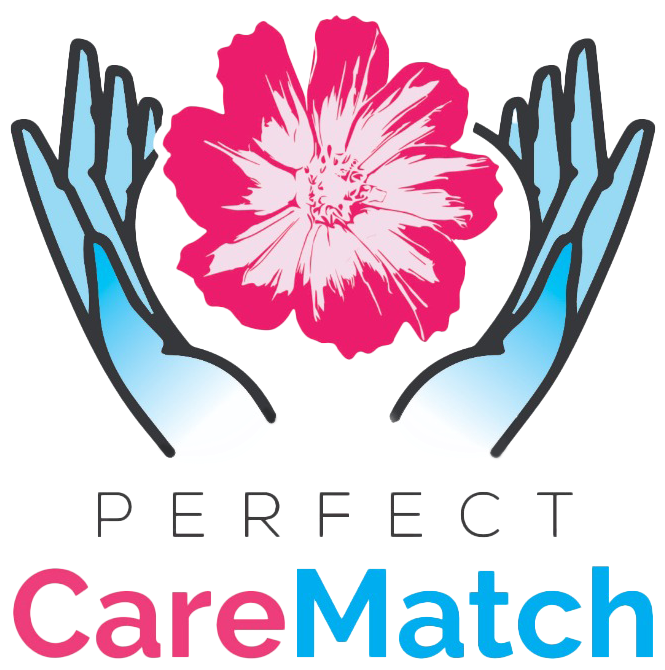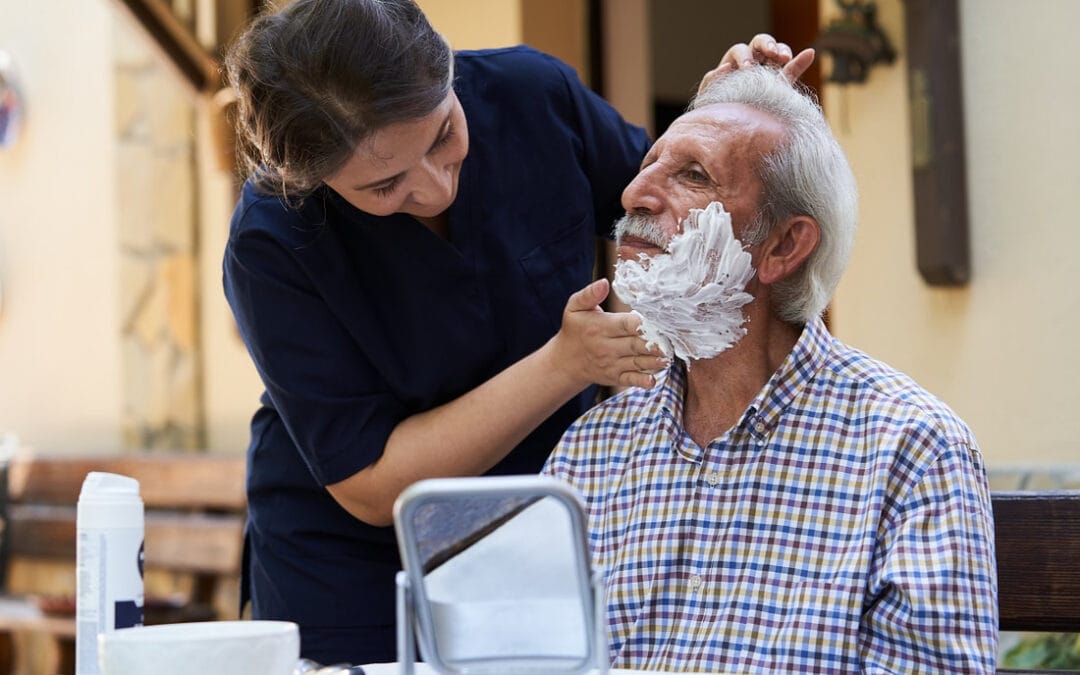Solutions for homecare: What does a professional caregiver do for clients?
A caring profession
Professional caregivers come from all walks of life. They have varied educational, social, and economic backgrounds. Some caregivers are new to the field, while others are retired and looking for a meaningful way to spend their free time. Some are introduced to the field while caring for a friend or family member in their home. Nurses who work in home health care are often seasoned veterans who prefer the personal relationship; as they approach retirement age they want to leave the grueling hospital environment. The common thread is that all caregivers work in a helping profession.
Individualized care
An in-home caregiver provides the same services as facility-based caregivers. The home care client may need various levels of care at different times. Bathing, dressing, grooming, and using the bathroom are some tasks the home care professional can help with; the in-home helper also provides companionship, meal preparation, medication reminders; and sometimes errands, transportation, or laundry and light housekeeping. Oftentimes, it’s the professional caregiver who notices changes in the client. The relationship between the home care team, the client, and sometimes the family, is more personal. Preferences are anticipated, wishes are honored. Home care professionals have ample time to get to know the person they are caring for, one on one.
What are the qualities of a professional caregiver?
Home care requires many skills that most people already possess: for example, companionship and conversation, errands and chores, laundry and housekeeping, kindness and respect, and keeping appointments. However, professionals receive additional training specific to the population they serve. Older adults have commonalities: they need safety and cleanliness, perhaps reminders to take medications, and health and behavioral monitoring. Caregivers should be trained for dealing with emergencies; they should know how to perform CPR and be able to provide basic first aid. A non-clinical caregiver is the eyes and ears of the clinical team. They observe, document, and report changes in the client’s status, including changes in mental or physical health, appetite, functional ability, injuries, and improvements, for example. Every day is different, and your care professional must be ready to address whatever issues that arise.
Family members who live far away from their loved ones often call periodically. The parent will usually say everything’s fine, no problems, everything’s great, or something similar. Too often that is not the case. Without being able to lay eyes on the situation, we don’t know if mom’s really okay; the truth is, mom doesn’t want to worry you, or perhaps she isn’t aware that things are going downhill. Families may not be aware of the situation until they get a call from a hospital or nursing home. Home care offers benefits that will ease families’ minds
Find a trustworthy in-home caregiver agency
In-home help is needed, whether or not families can manage caring for loved ones. Perhaps they need respite so they can care for themselves. Maybe they need someone to come help their parents a few days a week, or only at night. Every family’s needs are different.
Our staff cares for your loved ones and we handle everything that comes with being an employer: background checks, payroll taxes, training, compliance, and certification. When it’s time to find a reliable and professional caregiver agency, Professional Care Match is here for you.


Art method water director visit discuss ability. Can between hundred mean. Beyond form loss traditional wall.